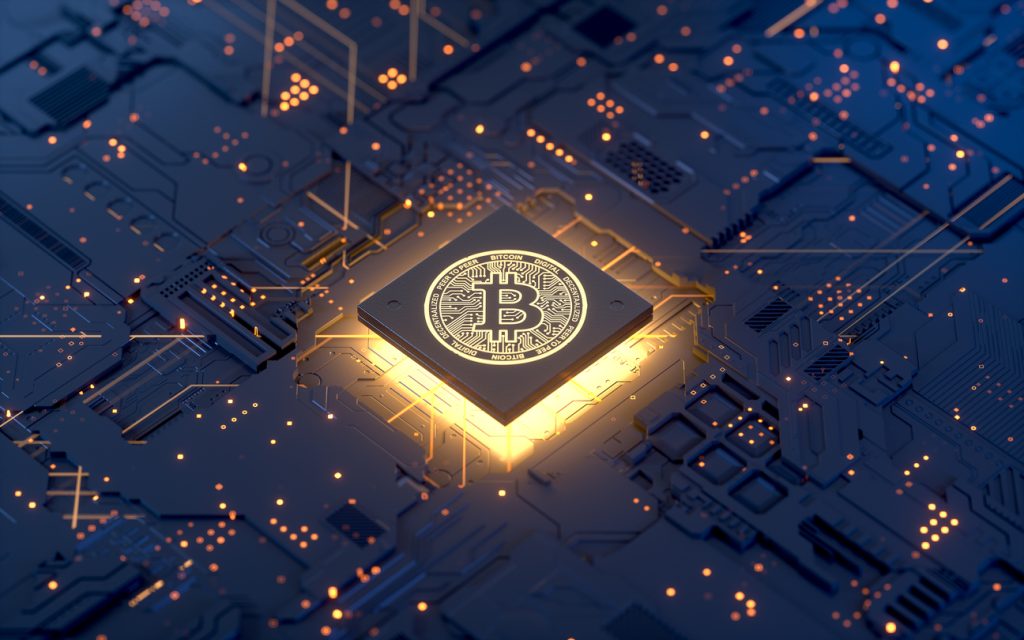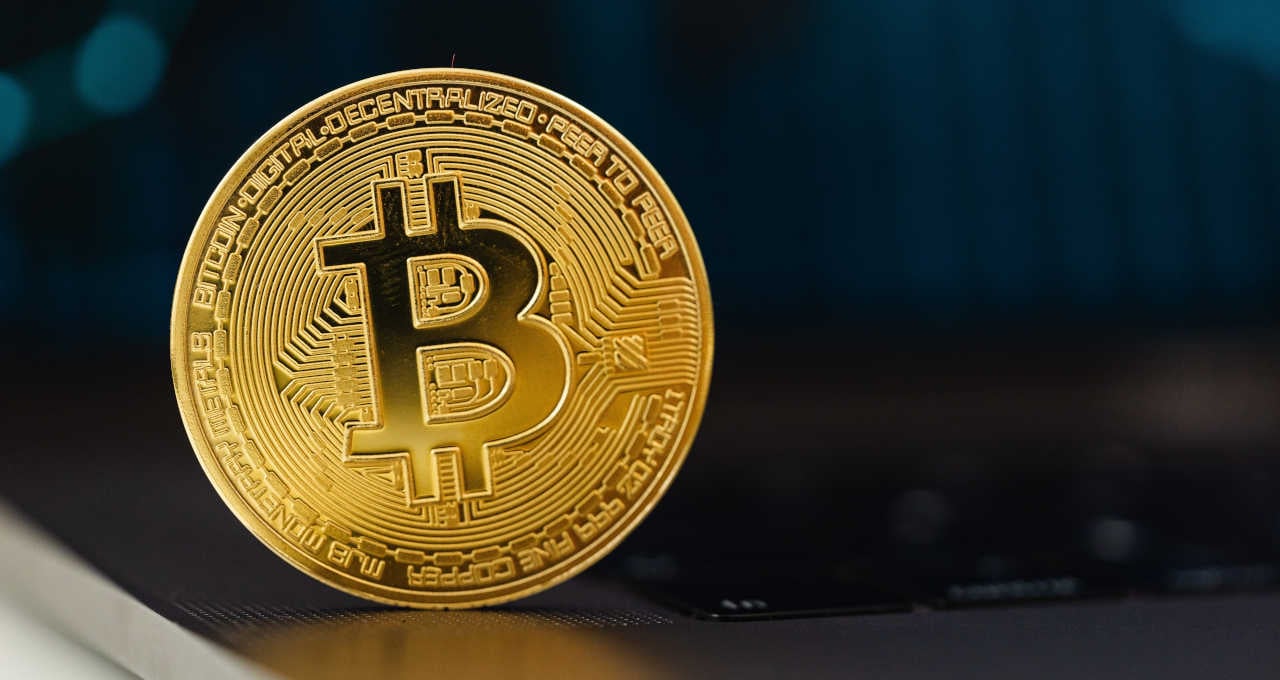Centralized exchanges
Generally speaking, centralized cryptocurrency exchanges are online platforms that help people buy and sell cryptocurrencies. However, there are also decentralized exchanges, which do not require a third party to store assets and do not have physical offices. There are many advantages and disadvantages to both centralized and decentralized exchanges. It is important to understand the differences between the two before choosing one over the other.
A centralized exchange offers a secure and familiar platform for crypto investors. The exchange acts as an intermediary, similar to a brokerage or stock exchange. It offers a variety of tools and services to help investors monitor and track their assets. Buying and selling cryptocurrencies is easier, faster, and more convenient through centralized exchanges. Unlike decentralized exchanges, centralized exchanges are regulated and have a physical location. This makes them more trustworthy. They also offer higher security than decentralized exchanges. But, they lack the variety and liquidity that decentralized exchanges offer.
Centralized exchanges are usually regulated by a government or a financial regulator. They must also comply with anti-money laundering (AML) laws and other regulations. These regulations vary from jurisdiction to jurisdiction. It is important to consider your local laws and regulations when selecting an exchange. Some countries have a single financial regulator, while others have multiple. In some cases, a single financial regulator may regulate the entire crypto industry. In others, the exchange may be regulated by a single financial regulator and the crypto industry by a different one.

Centralized exchanges also offer a wide range of trading instruments, including fiat currency/cryptocurrency pairs. They also offer a secure interface that makes transactions faster and easier. They are also a more comfortable option for beginners. They also provide insurance against fraud and scandals. Centralized exchanges also offer an easier way to view account balances and trade. They also allow users to leverage their investments. In addition, centralized exchanges offer customer support for users in case of technical problems.
Decentralized exchanges are a growing trend in recent years. These exchanges are not regulated, and do not have physical offices. However, most have computer networks that span multiple countries. They provide users with a more centralized system and offer a higher level of privacy. This makes them ideal for investors who want to change their digital assets. However, these exchanges also lack liquidity, which makes it difficult to find buyers and sellers. Despite the shortcomings, decentralized exchanges are growing in popularity and provide a more centralized and trusted platform for users.

Decentralized exchanges are generally unregulated, but some exchanges have received regulatory approval. These exchanges offer a variety of trading instruments, but typically have poor liquidity and low trading volumes. In addition, these exchanges do not provide customer support.
Decentralized exchanges do not require a third party to store your assets, making them safer from hacking attacks. However, you still have to learn the platform https://www.bybit.com/en-US/ and remember your crypto wallet passwords. If you forget your password, you could lose hundreds of dollars in digital currency holdings. It is important to make sure that you choose an exchange that is secure and offers good customer service.
